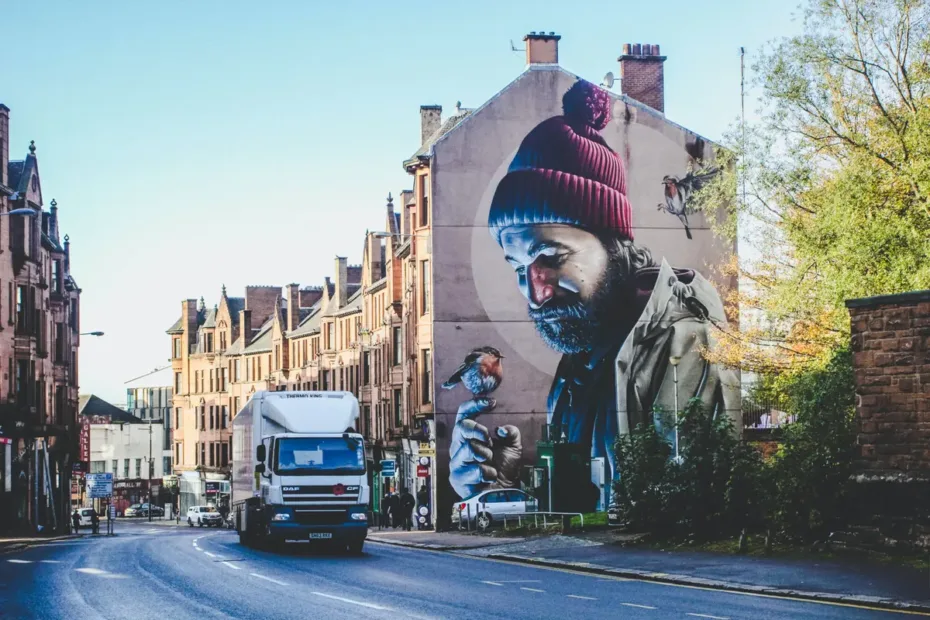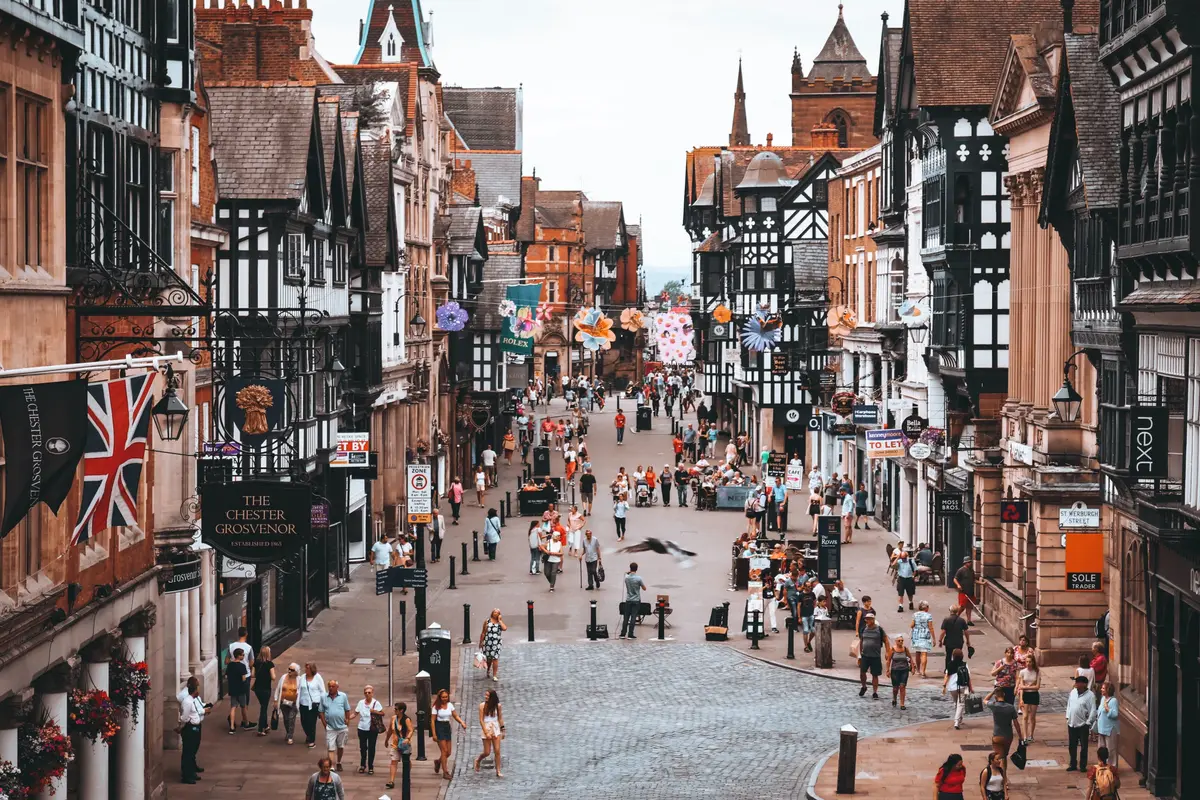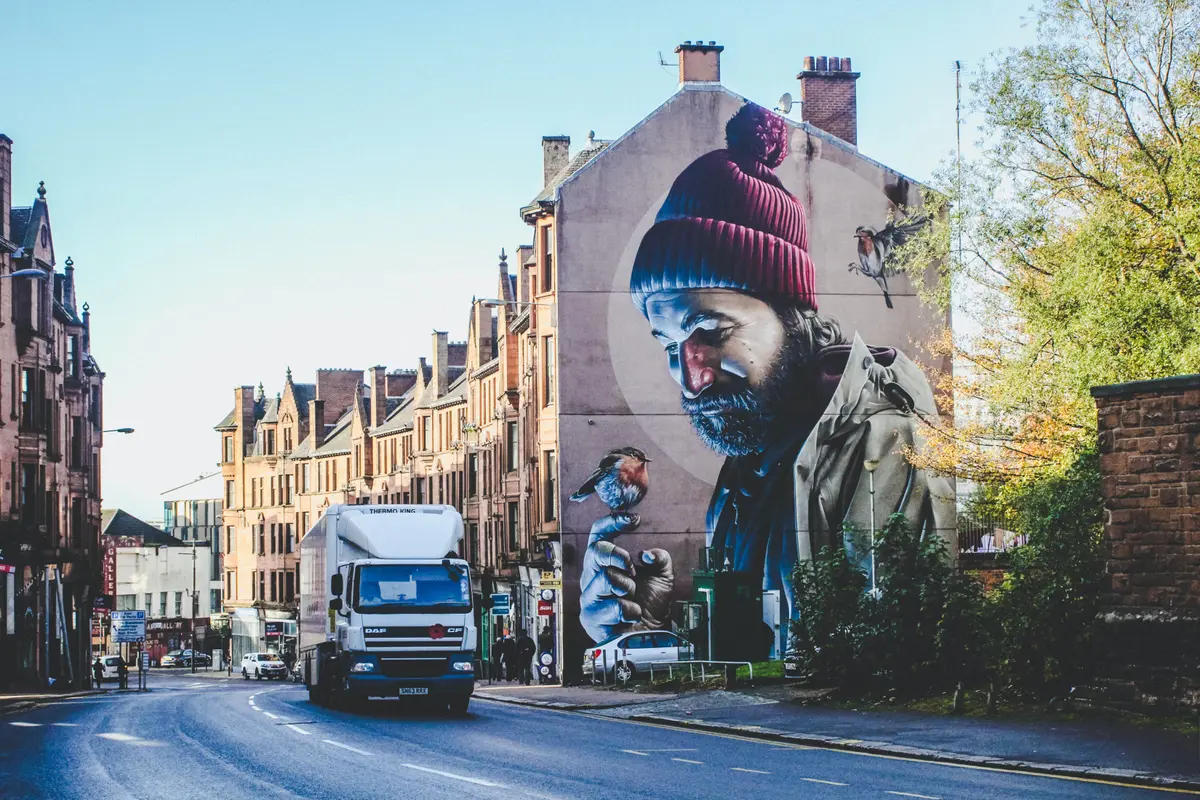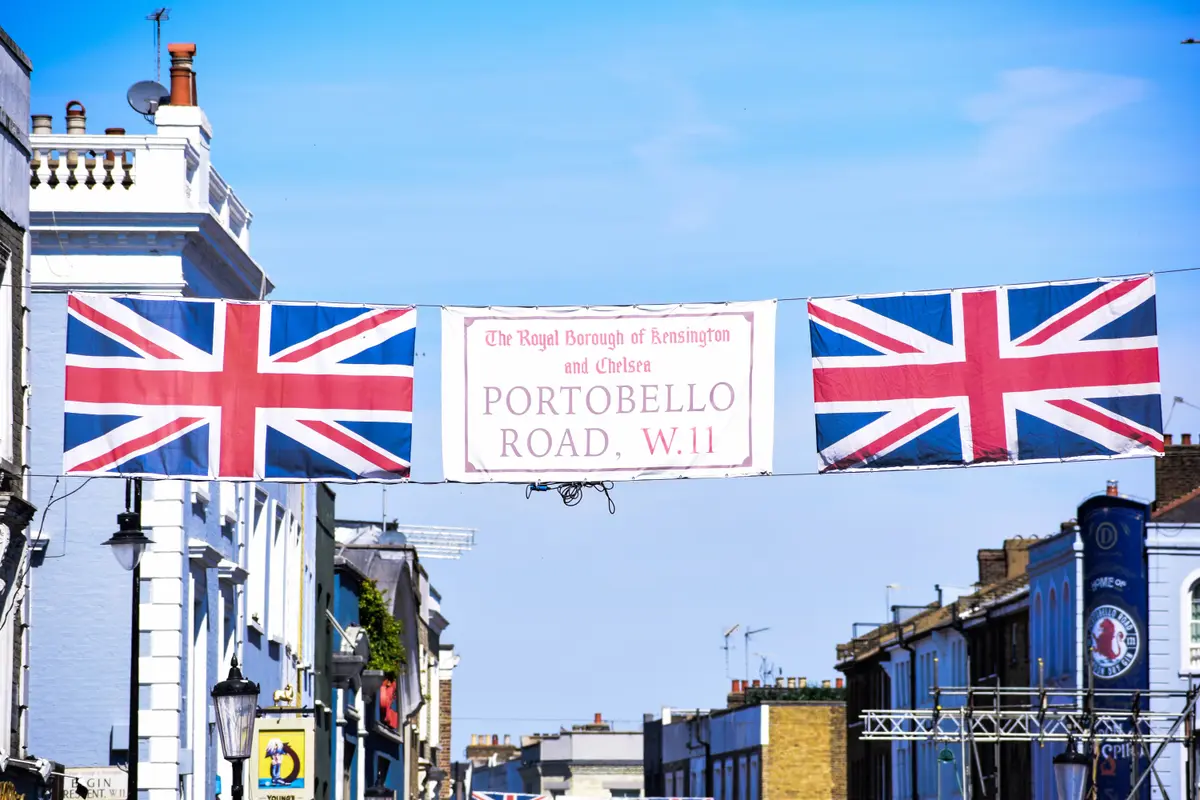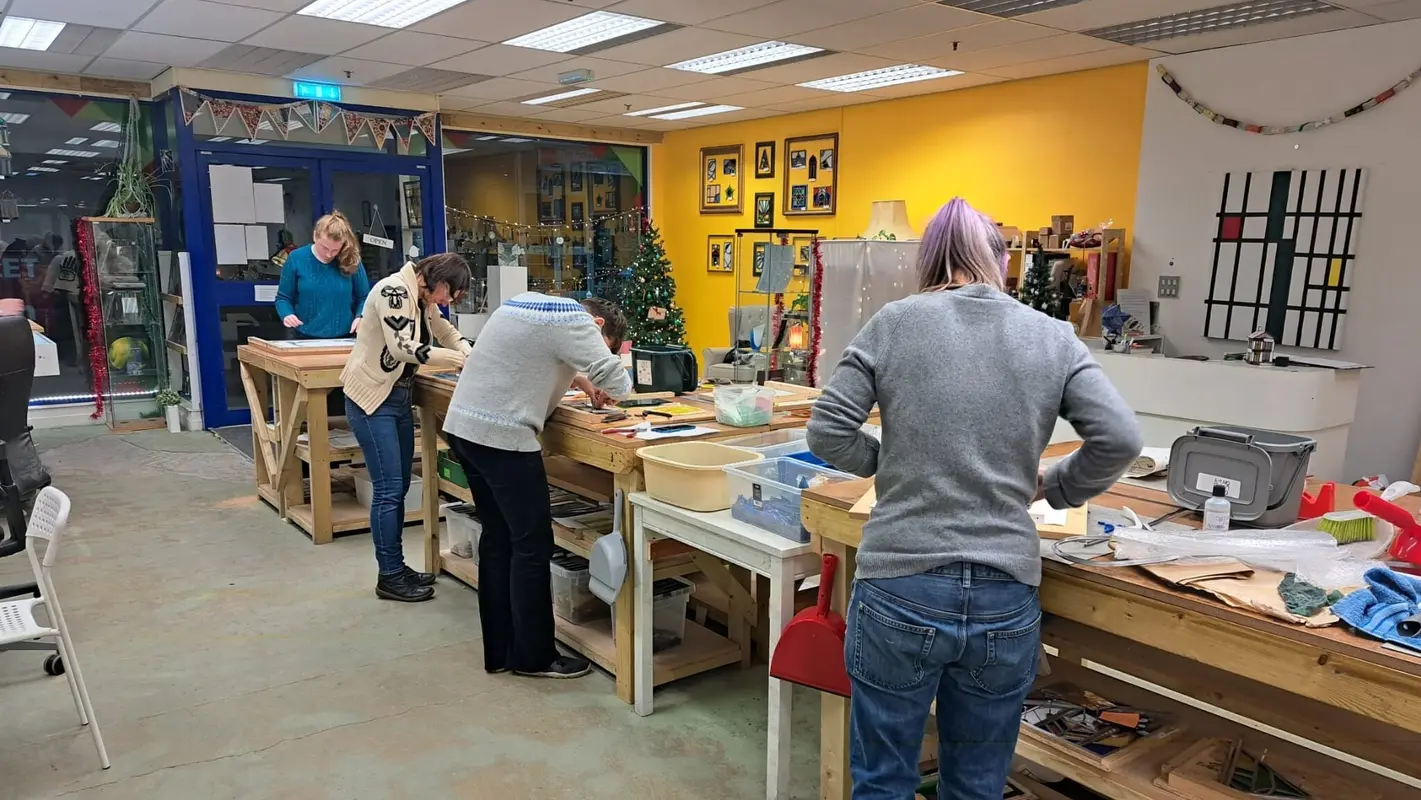A new study by Tasos Kitsos, Max Nathan, and Diana Gutierrez-Posada finds only a minor influence of creative firms and workers on neighborhood gentrification in England and Wales between 2001-2011. Meanwhile, the Creative Industries continue to be a key driver of economic growth, with creative clusters being particularly productive targets for investment and support.
Looking at over 80,000 neighborhoods, the authors uncover a negligible 0.2% higher probability of gentrification from a 10 percentage point increase in local creative businesses. The effect is slightly larger at 0.2% for creative workers, but still small. Most of the impacts are concentrated in major cities and very creative neighborhoods.
The paper argues that creative actors play a limited role in displacing poorer residents, contrary to some claims. But their imprint grows in specific urban contexts.
Policy makers should continue to invest in the creative industries, particularly in creative clusters, as key drivers of economic growth. On top of this, the study recommends policy interventions to respond to the limited impact of gentrification. For example, planning rules to mitigate impacts in hotspots, as well as employment training to help disadvantaged residents access creative jobs.
Please note: This discussion paper, which has not been externally peer-reviewed, combines a range of microdata at the Census Output Area level
_________________________
Photo by Chris Curry on Unsplash
Related Discussion Papers
Demand for Creativity and AI Skills in the Post-ChatGPT Labour Market
This study examines the evolving relationship between employer demand for creativity and AI skills i…
Regional Trade Agreements, Cultural Provisions and Trade in Cultural Goods
Analysing the impact of Regional Trade Agreements on the bilateral trade of cultural goods from 1999…
International Trade Challenges and the Effectiveness of Support Measures for the UK’s Creative Industries
The formidable challenges confronting the UK’s creative industries in the realm of exports, st…
Northern England’s Creative Industries
The Creative Industries are already a driver of growth across the UK economy. Export-intensive and m…
Creative Destruction? Creative firms, workers and residential gentrification
A new study by Tasos Kitsos, Max Nathan, and Diana Gutierrez-Posada finds only a minor influence of …
Speaking with One Voice
A fundamental remit of the BBC, and other public service broadcasters (PSBs) like ITV and Channel 4,…
Transitioning to Sustainable Production across the UK Theatre Sector
This discussion paper examines transitional pathways to sustainable theatre production in the UK. By…
Identifying and analysing UK fashion micro-clusters
The UK’s Fashion and Textiles industry contributed almost £20 billion to the UK economy in 202…
Net Zero as a catalyst in fashion micro and small enterprises
This report identifies examples of work taking place across three levels of change – social, e…
The Motives of Inbound Foreign Direct Investors in the UK Creative Industries
The UK’s creative industries have a global reach. British arts, technology, and design are internati…
Brexit uncertainty and international trade in services: Evidence from the UK creative industries 2014-2019
This discussion paper is based on one of the first studies to look at the impact of Brexit on the Cr…
Working Together – Cooperatives as a creative industry business model
This authors looks at how creative workers and students typically understand cooperatives, explore t…
